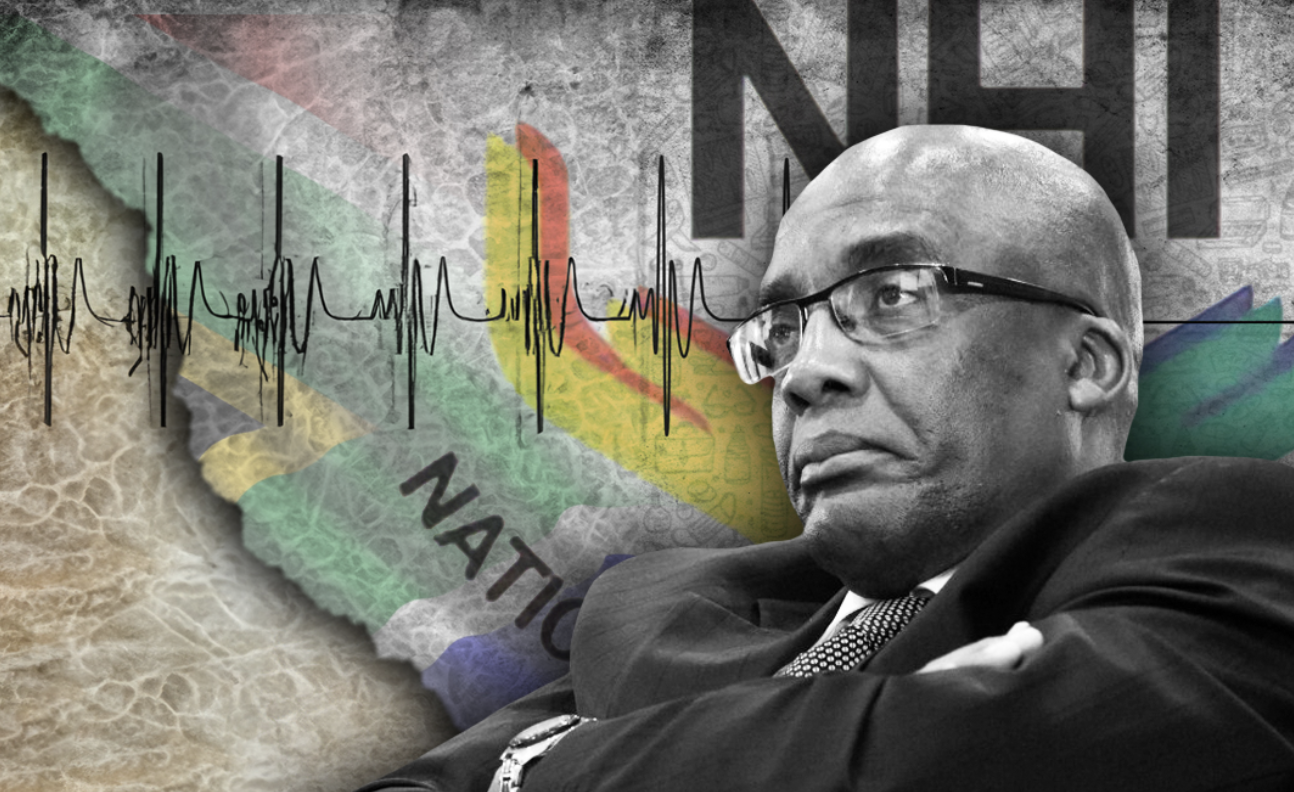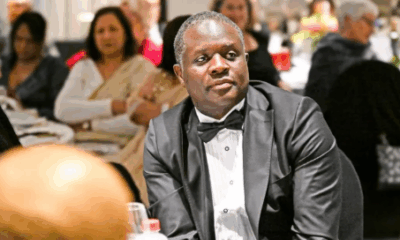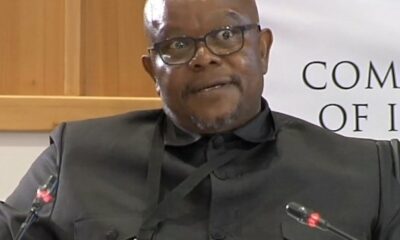Business
Doctors and Medical Aids Sound Alarm on NHI South Africa: “Unworkable and Unrealistic”

South Africa’s proposed National Health Insurance (NHI) scheme is facing fierce pushback from medical aid groups and healthcare professionals, who warn that the plan is fundamentally flawed and financially unworkable.
Speaking at the Board of Healthcare Funders (BHF) annual conference, industry leaders issued a clear warning to the government: the NHI, in its current form, could destabilize the healthcare system and severely limit the role of private medical schemes.
The concerns come just weeks after President Cyril Ramaphosa signed the NHI Act into law, a move that many believe was rushed through ahead of the 2024 national elections. Critics argue that this decision ignored substantial input from the sectors most affected—including doctors, health economists, and private health insurers.
“We don’t know what the NHI will cover, we don’t know how it will be funded, and yet we’re being told it’s happening,” said Simon Strachan, CEO of the South African Private Practitioners Forum.
Funding Gap and Lack of Clarity
At the heart of the controversy is a massive funding gap. Depending on the level of coverage offered, medical schemes estimate that the NHI could cost South Africa anywhere from R900 billion to R1.3 trillion annually. Yet, the government has only pointed to outdated 2010 whitepaper estimates suggesting a cost of R200 billion per year.
Even if every cent from public and private healthcare spending were pooled together—a theoretical and unrealistic scenario—South Africa would still face a R230 billion shortfall, according to an analysis by Bhekisisa.
The Department of Health has argued that private healthcare is overpriced and that cost estimates are inflated, but it has yet to release a clear, current breakdown of how the NHI will be financed.
Medical Aids Could Be Gutted
One of the most contentious issues in the NHI Act is the prohibition of medical schemes from covering services that fall under the NHI’s scope. In essence, this would dismantle much of the private healthcare funding model as it currently exists.
Strachan warned that there is no realistic tax scenario where the government could fully fund the NHI. “Any form of universal healthcare must include a hybrid system of tax-based and contributory funding,” he said.
Alternative Proposals on the Table
Many private sector leaders and healthcare policy groups have already submitted alternative frameworks to the presidency. These proposals suggest decentralizing the NHI’s governance, integrating private providers into the public system through regulation and mandatory minimum benefits, and expanding subsidized access for low-income individuals.
According to economist Andrew Donaldson, the current debate has become politically polarised and policy progress has stalled. He believes a more practical and collaborative approach is needed—one that builds on the strengths of both the public and private systems.
What’s Next?
While the High Court has opened a window for the NHI Act to be reviewed—requiring President Ramaphosa to explain his decision to sign it into law—the path forward remains uncertain.
For now, the healthcare sector continues to push for a reality check: one that factors in South Africa’s fiscal limitations, infrastructure constraints, and the potential value of public-private collaboration.
“Universal healthcare is a noble goal,” Strachan concluded, “but not at the cost of destroying what already works.”
Godongwana Questions NHI Funding: ‘Even Health Minister May Not Know How to Pay for It
{Source: BusinessTech}
Follow Joburg ETC on Facebook, Twitter , TikTok and Instagram
For more News in Johannesburg, visit joburgetc.com



























